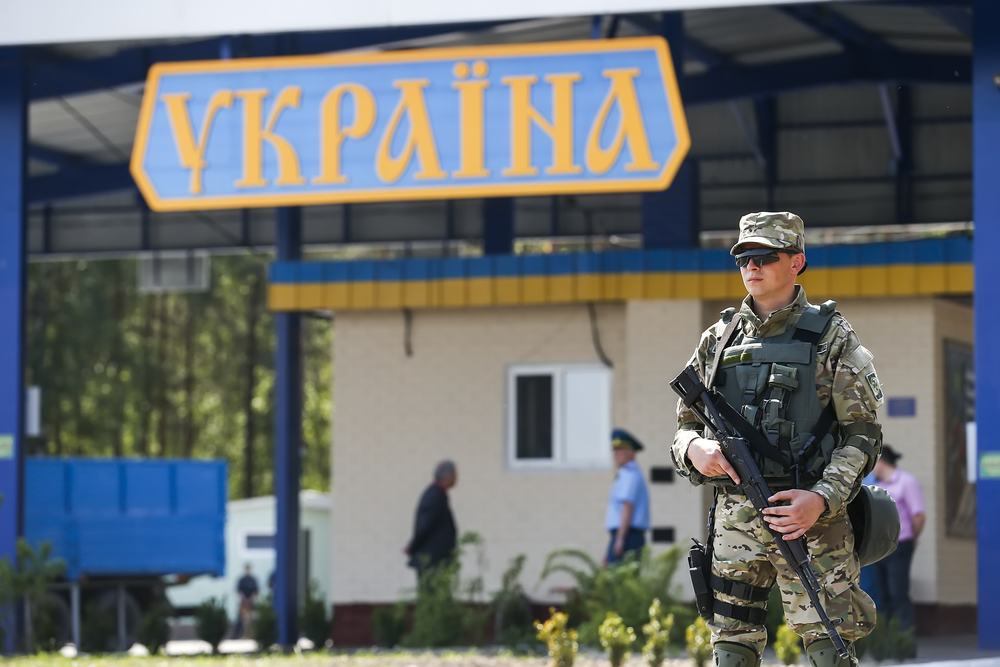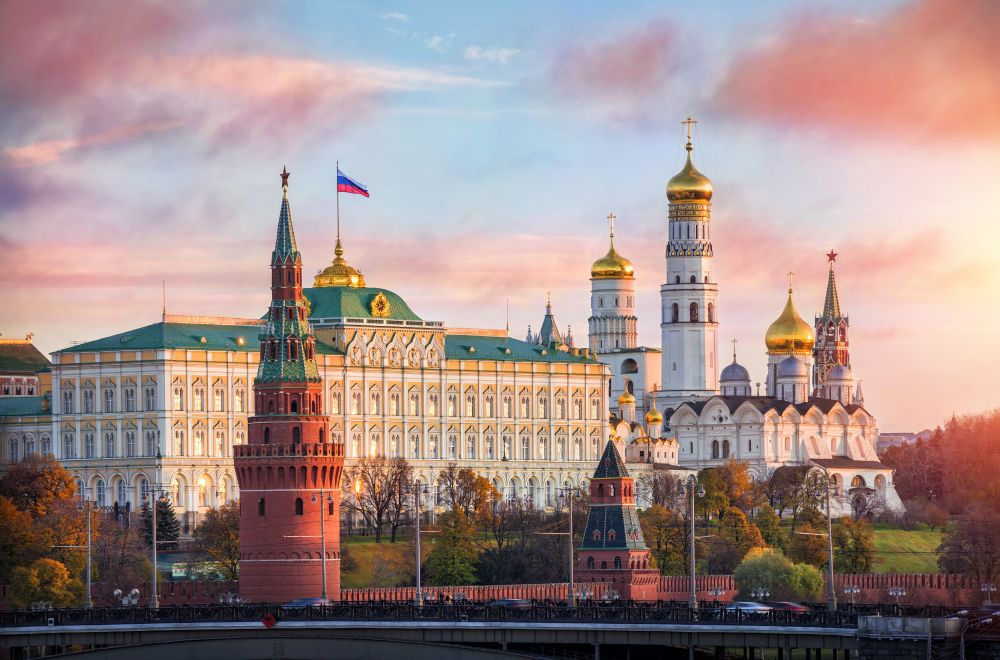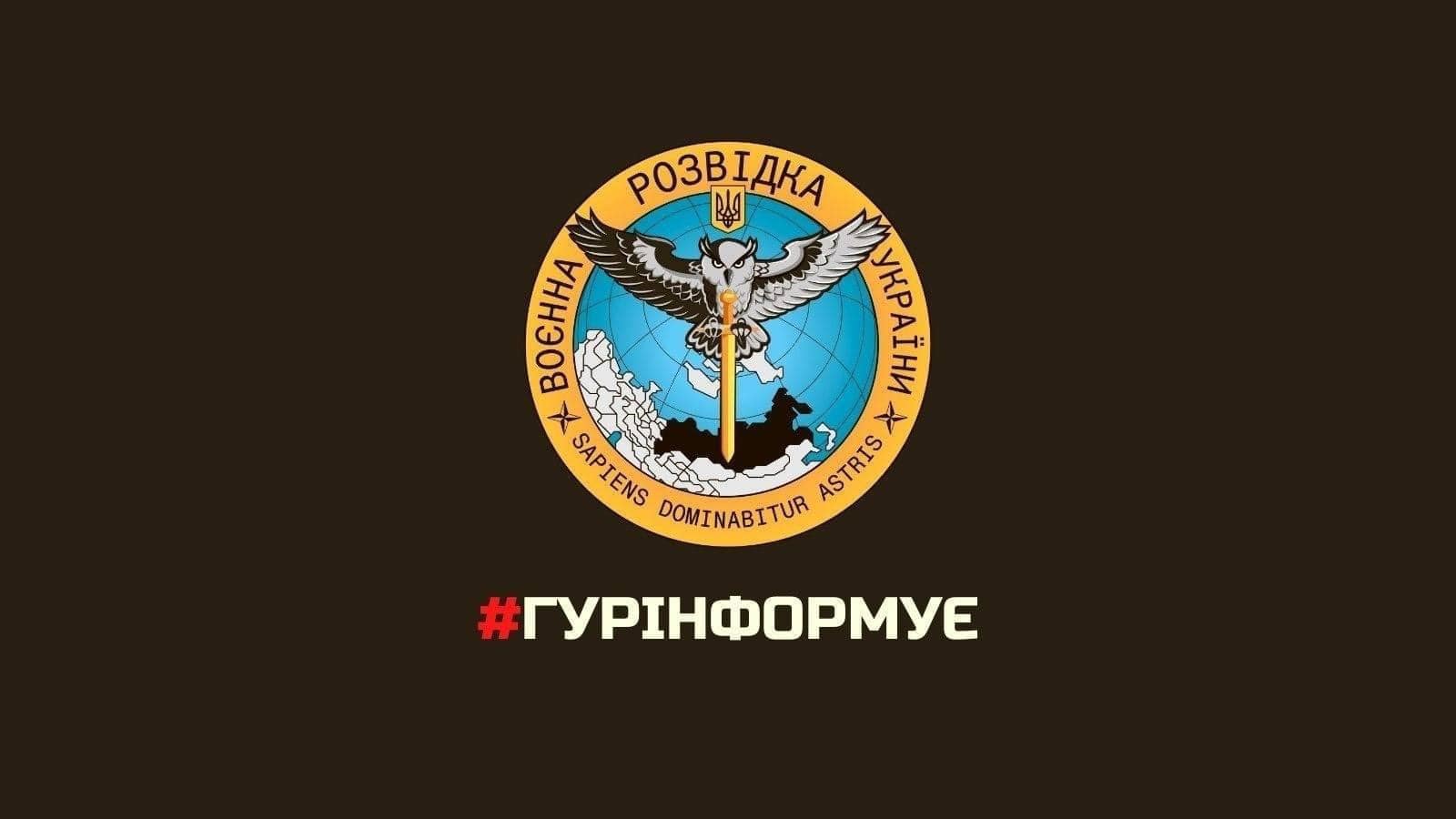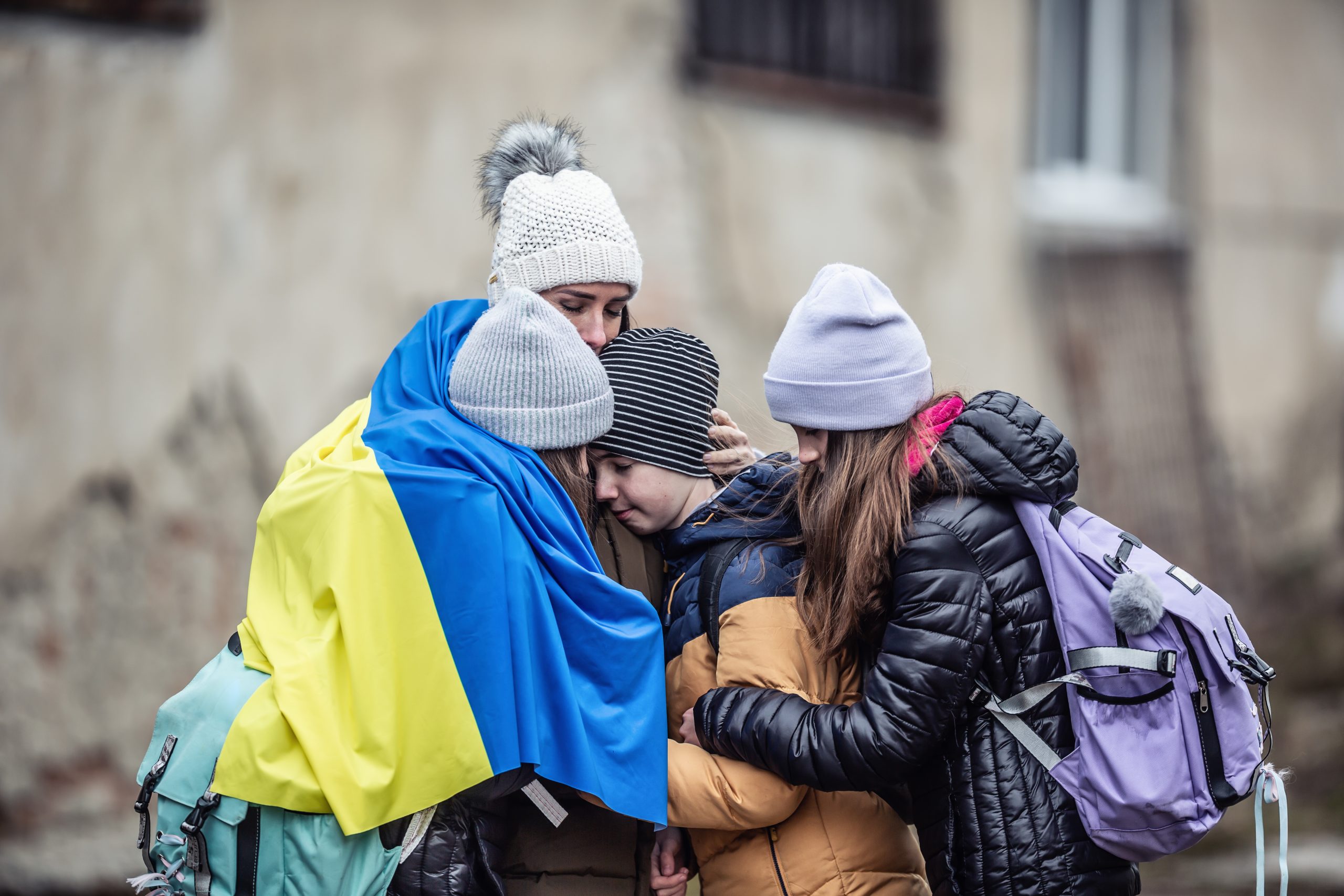Belarusians want change. They want a new president and a new government that respects their citizens and their rights, or so confidently assesses Andrey Dzmitryeu, one of the presidential candidates in the ongoing Belarusian presidential elections. In an exclusive interview with Promote Ukraine, Dzmitryeu highlighted the importance of alternative candidates in Belarus and revealed his own vision of Minsk’s relationship with Moscow, the EU and NATO.
When talking about your motivations for participating in the ongoing elections, is there anything in particular that motivates you to run in the current elections against Lukashenka as an opposition candidate?
 I think that my main motivation is the same as that of the majority of Belarusians today – we need a new president. Because what I’ve seen and what I’ve heard for the last month as we’ve been going around the country, the many cities, is that people everywhere want change. They want a new president, which means they want a new attitude from the government towards them. They want a government that will respect them, respect their rights; a government that won’t just tell them to go to the sauna to protect themselves from the coronavirus, but a government that will actually take measures to protect the citizens from threats, be it the coronavirus or unemployment. So, my main ambition, my main motivation here, is that we in Belarus can have a new president, a new government that will respect people and open up new opportunities for people to build their lives here.
I think that my main motivation is the same as that of the majority of Belarusians today – we need a new president. Because what I’ve seen and what I’ve heard for the last month as we’ve been going around the country, the many cities, is that people everywhere want change. They want a new president, which means they want a new attitude from the government towards them. They want a government that will respect them, respect their rights; a government that won’t just tell them to go to the sauna to protect themselves from the coronavirus, but a government that will actually take measures to protect the citizens from threats, be it the coronavirus or unemployment. So, my main ambition, my main motivation here, is that we in Belarus can have a new president, a new government that will respect people and open up new opportunities for people to build their lives here.
Certain petitions are circling in Belarus about making a potential coalition around Svyatlana Tsikhanouskaya, and this warrants two questions: what do you think about the formation of a coalition around a single candidate in general? And what do you think about Svyatlana Tsikhanouskaya in particular – is she a reasonable candidate to form a coalition around?
I think that Svyatlana today is the hope for all those who felt unfairness in Belarus. She is running when her husband is in jail when it is him who is supposed to be running. I also like that the two candidates who were denied the opportunity to run – Babaryka and Tsapkala – are trying to find a way to continue campaigning by making a coalition with Svyatlana. I doubt that such a coalition would even manifest if they were registered. So, I would say that, on the one hand, we have a situation that is very bad, because they were denied registration – which I think is totally unfair – but on the other hand, this situation is good, because it brought us to some kind of coalition. At the same time, I believe that today in Belarus, we need to use different tactics to mobilise society, to make them go and vote for alternative candidates, and this means that not all of us have to be in one team, but we should all be united by one common goal and take action in coordination with one another. This is why I don’t plan to join any coalition right now or step down from my campaigning because I feel that there are people who are ready to vote for me and I will call on them. Same with the other candidates, they should call on their own voters to vote for alternative candidates, because voting for whichever alternative means voting for a new president.
So, it doesn’t matter for which candidate Belarusians vote, as long as it’s an alternative candidate?
Yes, definitely. We are not going to fight among the alternative candidates. We’re not looking for enemies among each other. It’s simply that we don’t have elections in a traditional sense – so, rather than forming a coalition, we should have a campaign of solidarity to change something. In which case, I think that the more faces and the more leaders that are represented, the better. More individual candidates means more time on TV, more time on the radio, more meetings with voters, and our government clearly understands our strength in numbers, which is why they cut the number of alternative candidates from 15, that were there two months ago, to only four.
How ready do you think the Belarusian public is to vote for alternative candidates? Aren’t there risks associated with voting for such candidates, for instance, instability?
 I’m not too sure, but I reckon that the majority of Belarusians would want to vote for a new government. Of course, there are many doubts – the same as in many countries – about what sort of change will the new president bring, how will this new president keep the situation under control, how will he keep the salaries, keeps the pensions, how will he manage the public funds and so on. However, people still understand that five more years with the current president will literally bring our country to catastrophe – when most of the youth want to leave the country, when most of the people living in the country-side have to move to the cities, to Minsk, because that is the only place where you can find a decent job. Because of this, I think that people understand that the kind of risks associated with a new president pale in comparison with the risks associated with allowing Lukashenka to stay in power.
I’m not too sure, but I reckon that the majority of Belarusians would want to vote for a new government. Of course, there are many doubts – the same as in many countries – about what sort of change will the new president bring, how will this new president keep the situation under control, how will he keep the salaries, keeps the pensions, how will he manage the public funds and so on. However, people still understand that five more years with the current president will literally bring our country to catastrophe – when most of the youth want to leave the country, when most of the people living in the country-side have to move to the cities, to Minsk, because that is the only place where you can find a decent job. Because of this, I think that people understand that the kind of risks associated with a new president pale in comparison with the risks associated with allowing Lukashenka to stay in power.
Okay, let’s move on and talk more about geopolitics. As a presidential candidate, what would be your policy regarding Russia, for instance?
We will definitely build open and friendly relations with Russia, but we want to bring to these relations honesty – to be honest with our Russian friends about how we see our common future: that we don’t need deeper integration, that we want to build our own independence and sovereignty. Of course, we want to maintain trade and close cooperation with Russia, but at the same time, we need to move away from our Soviet past and our nostalgia of the Soviet past; we want to have a close relationship with Russia, but as an independent country.
Would this mean closer alignment with the European Union?
I personally don’t think that Belarus has to become a member of the European Union, and I am definitely against Belarus becoming a member of NATO. I see Belarus in the future as a neutral country, especially in regard to the military. I also think that Belarus should leave the military union it has with Russia. I think we should move more towards neutrality, but at the same time, we need to try to restore our relations with Europe – to find a basic agreement with the EU, better than the one we have right now. For instance, we recently signed the visa-facilitation agreement with the EU, which is a step in the right direction, but I definitely think that more should be done. I also think that Belarus should become a member of the Council of Europe.






 UA
UA FR
FR DE
DE


